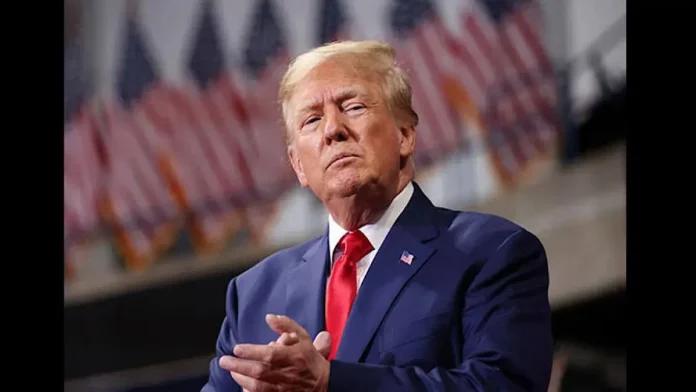The latest round of tariff hikes announced by President Donald Trump has begun to impact trade flows, triggering concern among some of the United States’ largest trading partners.
The new measures, which significantly raise duties on a broad range of imported goods, are part of Trump’s revived trade war strategy aimed at reducing the U.S. trade deficit and reshoring manufacturing jobs. However, early signs suggest the move is straining diplomatic ties and disrupting global supply chains.
Among the countries most affected are China, Mexico, Canada, Germany, Japan, and South Korea. Key export items including automobiles, electronics, machinery, textiles, and agricultural products have been slapped with elevated tariff rates ranging from 15 to 35 percent.
In response, affected nations are reviewing possible countermeasures, with some already signaling retaliatory tariffs or filing complaints at the World Trade Organization.
The decision comes amid Trump’s escalating campaign rhetoric focused on economic nationalism and protecting American workers.
He has argued that higher tariffs will push foreign companies to relocate production to U.S. soil, thereby boosting local employment and industrial capacity.
However, U.S. businesses reliant on imports have warned of rising production costs, reduced competitiveness, and likely price increases for consumers.
Importers have already begun passing on the added costs, with some manufacturers scaling back operations due to the higher input expenses. Retailers, particularly in the electronics and automotive sectors, are bracing for supply disruptions and inventory shortfalls heading into the holiday season.
Industry analysts caution that extended tariff wars may undermine investor confidence and further complicate global economic recovery.
Meanwhile, trade talks between U.S. negotiators and affected partners have stalled, with little sign of an immediate breakthrough. While Trump’s camp insists the measures are necessary to rebalance trade, critics argue they risk alienating allies, weakening export markets, and inviting prolonged economic retaliation.
As the political and economic stakes rise, global markets are watching closely to assess the broader fallout from this renewed wave of protectionism.
Written By Ian Maleve














![[Full List] – Safaricom, Absa and Britam Named Among Top Employers for 2026](https://uzalendonews.co.ke/wp-content/uploads/2026/01/Screenshot-2026-01-15-190157-218x150.png)




